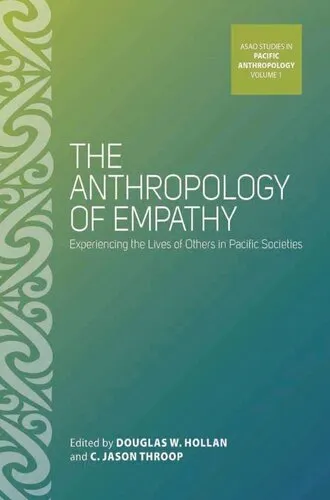The God of Small Things
4.0
Reviews from our users

You Can Ask your questions from this book's AI after Login
Each download or ask from book AI costs 2 points. To earn more free points, please visit the Points Guide Page and complete some valuable actions.Related Refrences:
Persian Summary
Introduction to 'The God of Small Things'
Arundhati Roy's debut novel, "The God of Small Things," is a poignant and compelling exploration of the intricacies of human relationships and societal dynamics. Released in 1997, the book quickly gained international acclaim, catapulting Roy into the literary spotlight. Set against the lush backdrop of Kerala, India, it weaves a narrative that is both intimate and universal, casting a critical yet tender gaze on the complexities of family, love, and loss.
Detailed Summary of the Book
"The God of Small Things" is a tale of two fraternal twins, Rahel and Estha, whose lives are forever altered by a series of tragic events. Told from a non-linear perspective, the story jumps between 1969 and 1993, revealing the deep scars of the past on the present. The plot centers around the twins’ family in Ayemenem, a town in Kerala, where boundaries of class, caste, and social mores dictate human interaction.
The narrative begins with the return of Rahel from the United States to Ayemenem, where she reunites with her forsaken twin, Estha. As they reconnect, readers are drawn into their childhood, a time marked by the forbidden love affair between their mother, Ammu, and Velutha, a worker at the family's pickle factory. This affair defies the rigid social order, culminating in tragedy—a death that irreparably fractures their family. Roy’s lyrical prose immerses readers in the lush, yet oppressive world of Ayemenem, where history lingers like a shadow.
Through the twins’ fragmented memories, Roy addresses broader socio-political issues, such as the caste system, the Indian political landscape, and colonialism’s lingering impact. Using small, poignant details, Roy masterfully unveils the integral, often overlooked, ‘small things’ that shape human destiny.
Key Takeaways
- Delicate interplay of personal and political themes, exploring the impact of societal norms on individual lives.
- The novel’s non-linear storytelling reflects the fluidity and distortion of memory.
- The lush setting of Kerala serves as more than just a backdrop; it is a vibrant character in itself.
- Roy creates an intricate narrative that examines how childhood experiences echo into adulthood.
- The story highlights the oppressive nature of cultural and societal expectations, particularly concerning love and relationships.
Famous Quotes from the Book
"Things can change in a day."
"It’s true. Things can change in a day."
"That's what careless words do. They make people love you a little less."
Why This Book Matters
"The God of Small Things" is not just a novel; it is a profound exploration of the human condition. Arundhati Roy's narrative challenges readers to contemplate the intricate connections between personal histories and broader societal structures. Through her vibrant, evocative language and nuanced characters, Roy paints a world where the smallest elements profoundly affect the grandest schemes.
Given its critical examination of issues like colonialism, the caste system, and the pervasive impact of cultural conventions, this book has significant socio-cultural relevance. It compels readers to examine their perceptions and the invisible social forces at work in their lives. As such, it remains a critical text in literature courses around the world, celebrated for its literary artistry and its insightful perspectives on human relationships and societal inequities.
Free Direct Download
You Can Download this book after Login
Accessing books through legal platforms and public libraries not only supports the rights of authors and publishers but also contributes to the sustainability of reading culture. Before downloading, please take a moment to consider these options.
Find this book on other platforms:
WorldCat helps you find books in libraries worldwide.
See ratings, reviews, and discussions on Goodreads.
Find and buy rare or used books on AbeBooks.
1592
بازدید4.0
امتیاز50
نظر98%
رضایتReviews:
4.0
Based on 0 users review
"کیفیت چاپ عالی بود، خیلی راضیام"
Questions & Answers
Ask questions about this book or help others by answering
No questions yet. Be the first to ask!
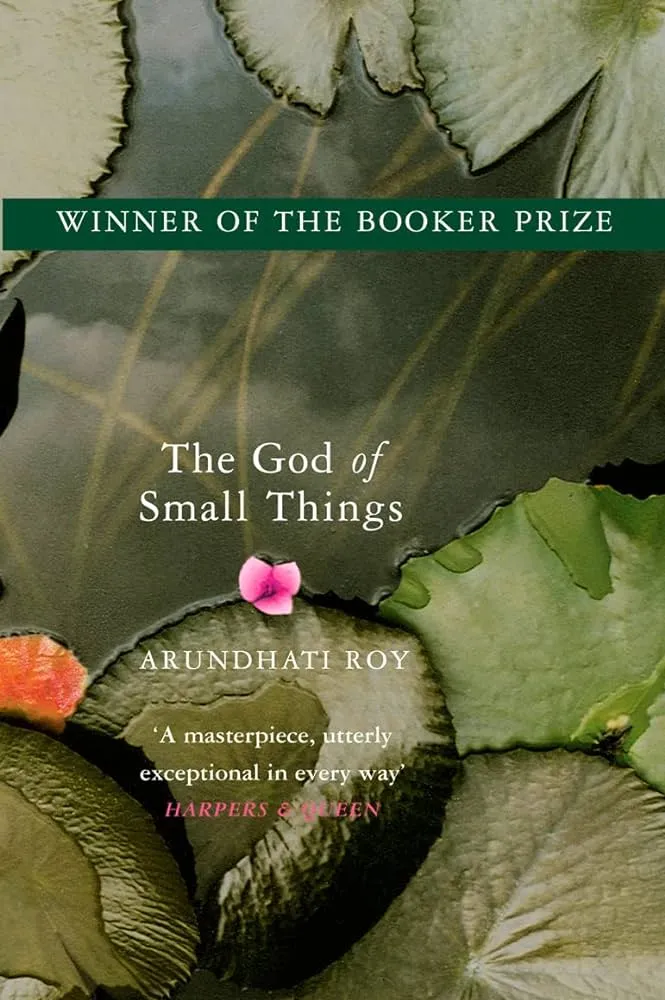

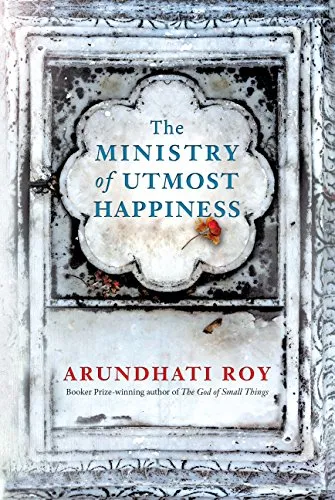


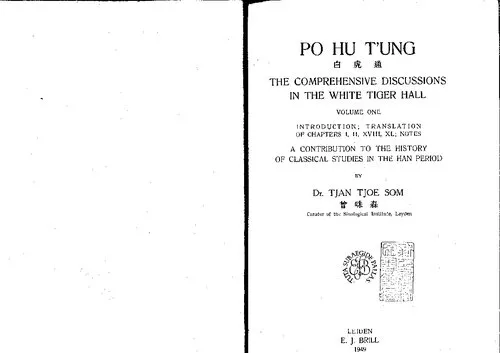




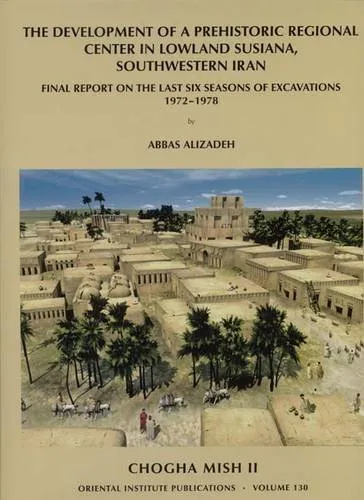




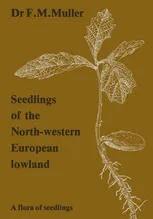


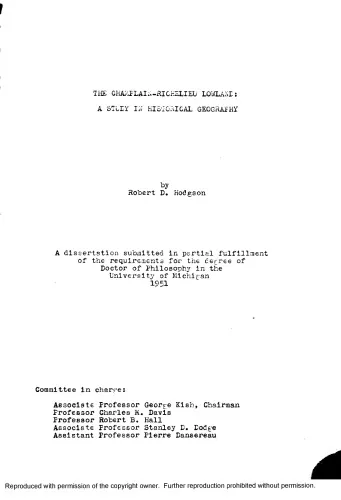


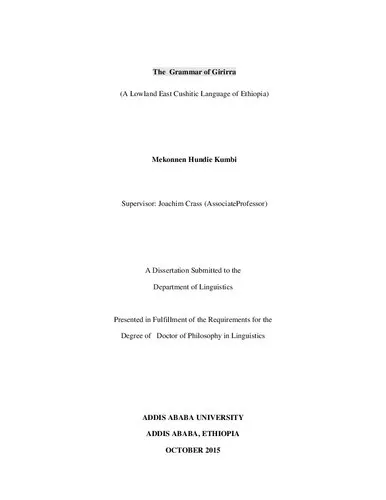





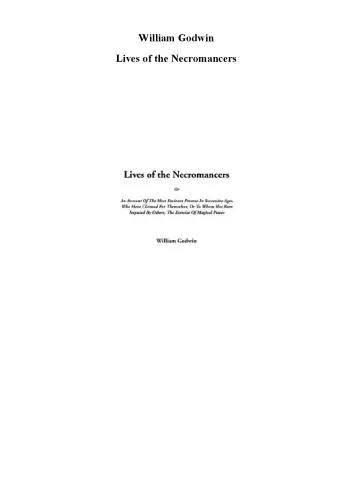





![The Lives of Others: [Das Leben der Anderen]](https://s3.refhub.ir/images/thumb/The_Lives_of_Others___Das_Leben_der_Anderen_20972.webp)

